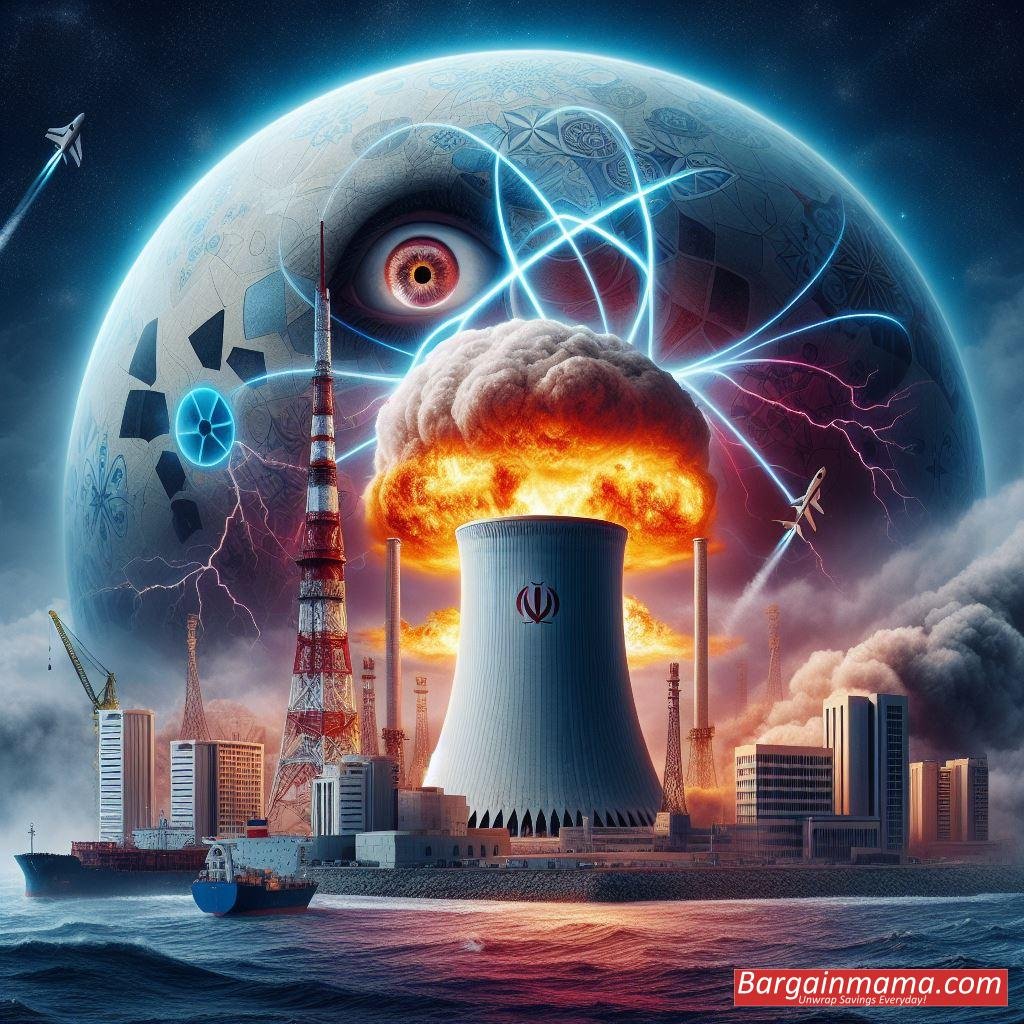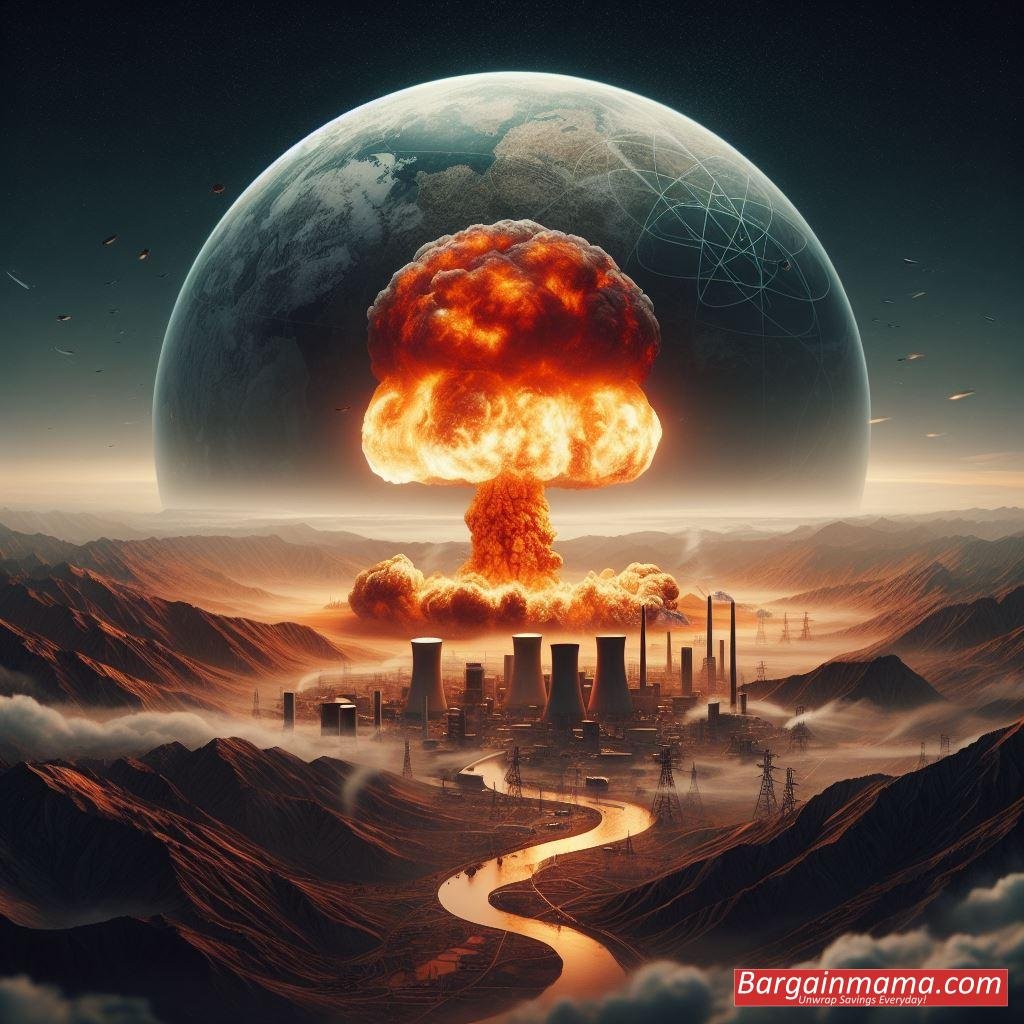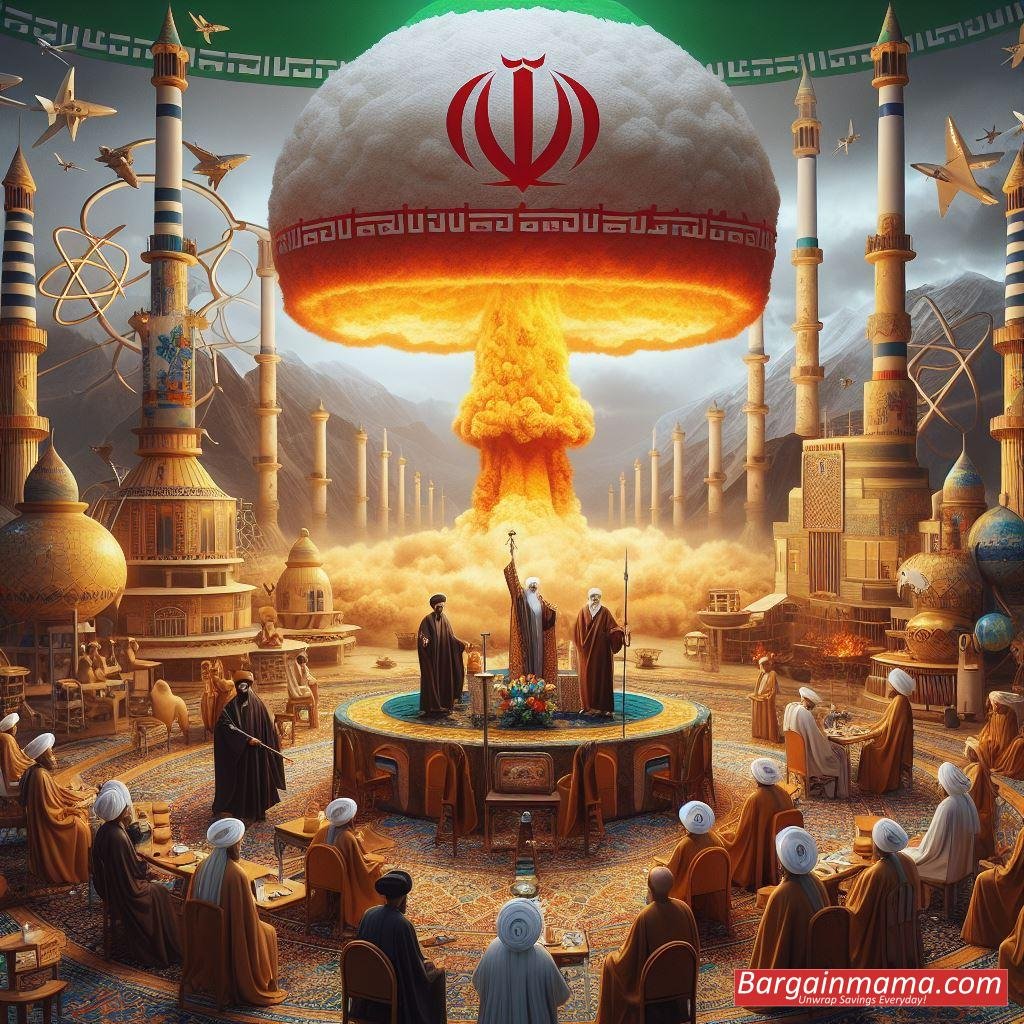An advisor to Iran’s supreme leader, Ayatollah Ali Khamenei, has stated that Iran might reevaluate its nuclear policy if Israel threatened Iran’s existence, a recent development that may change the Middle East’s dynamics. The tensions surrounding Iran’s nuclear programme and its objectives are already high, and this comment from Kamal Kharrazi exacerbates them.

Tehran has steadfastly insisted for years that its nuclear goals are solely peaceful and has never once acknowledged having any intention of obtaining nuclear weapons. Nonetheless, Western governments continue to harbour misgivings, and many people are sceptical and concerned about Iran’s nuclear activities. Iran’s nuclear programme has been a source of contention in international relations, resulting in protracted disagreements and the imposition of sanctions on the Iranian government.
Kharrazi’s latest comments are consistent with earlier statements made by senior Iranian officials, suggesting that Iran may be changing its position on nuclear weapons. A senior commander of the Iranian Revolutionary Guards also alluded to the prospect of changing Iran’s nuclear doctrine in reaction to Israeli threats amid rising tensions with Israel, especially during a stalemate in April.
Although Iran does not currently want to build nuclear weapons, Kharrazi stressed that any existential threat from Israel might require Iran to reevaluate its military posture. The veracity of Iran’s nuclear programme and its commitment to upholding international agreements and treaties are called into question by this claim.

Historical precedents highlight the intricacy of Iran’s nuclear goals even more. Although the decision to follow such a path remained unmade, Kharrazi himself acknowledged Iran’s technical capability to develop a nuclear bomb in 2022. Citing Islamic decrees against their use, Ayatollah Khamenei earlier issued a fatwa prohibiting the development of nuclear weapons.
Still, given the increasing pressure from the West and the continuing tensions with Israel, it is not impossible to rule out the potential that Iran will turn to nuclear weapons. The fragile character of regional stability is shown by Kharrazi’s claim that an Israeli attack on Iran’s nuclear facilities would force a reevaluation of deterrent tactics.
With its roots in long-standing grudges and geopolitical rivalry, the hostility between Iran and Israel has grown in the last several years. Once a clandestine conflict, it has now burst into an open conflict with provocative acts and words from both sides. The tense nature of their relationship and the possibility of an escalation are best illustrated by the exchange of missile strikes and military incursions in April.
The international world is concerned about Iran’s uranium enrichment efforts, which are at the core of the issue. Iran’s decision to enrich uranium to 60% purity—much higher than what is needed for civilian use—has raised questions about the country’s intentions towards nuclear weapons. Although Iran maintains that its enrichment operations are compliant with the Nuclear Non-Proliferation Treaty, doubts remain about its actual intentions.

The urgency of the situation is increased by the disclosure that Iran may have enough enriched uranium, based on estimations from the International Atomic Energy Agency (IAEA), to produce two nuclear bombs. The possibility that Iran will acquire nuclear weapons poses a serious threat to both international non-proliferation efforts and regional security.
An important turning point in the continuing narrative surrounding Iran’s nuclear programme is the country’s announcement to review its nuclear doctrine in response to perceived threats from Israel. The unclear nature of Iran’s objectives and the rising tensions in the area highlight the urgent necessity for diplomatic communication and coordinated actions to stop the situation from getting worse. To guarantee peace and security in the Middle East and beyond, the international community must continue to be watchful and aggressive in tackling the complexity of Iran’s nuclear ambitions.



